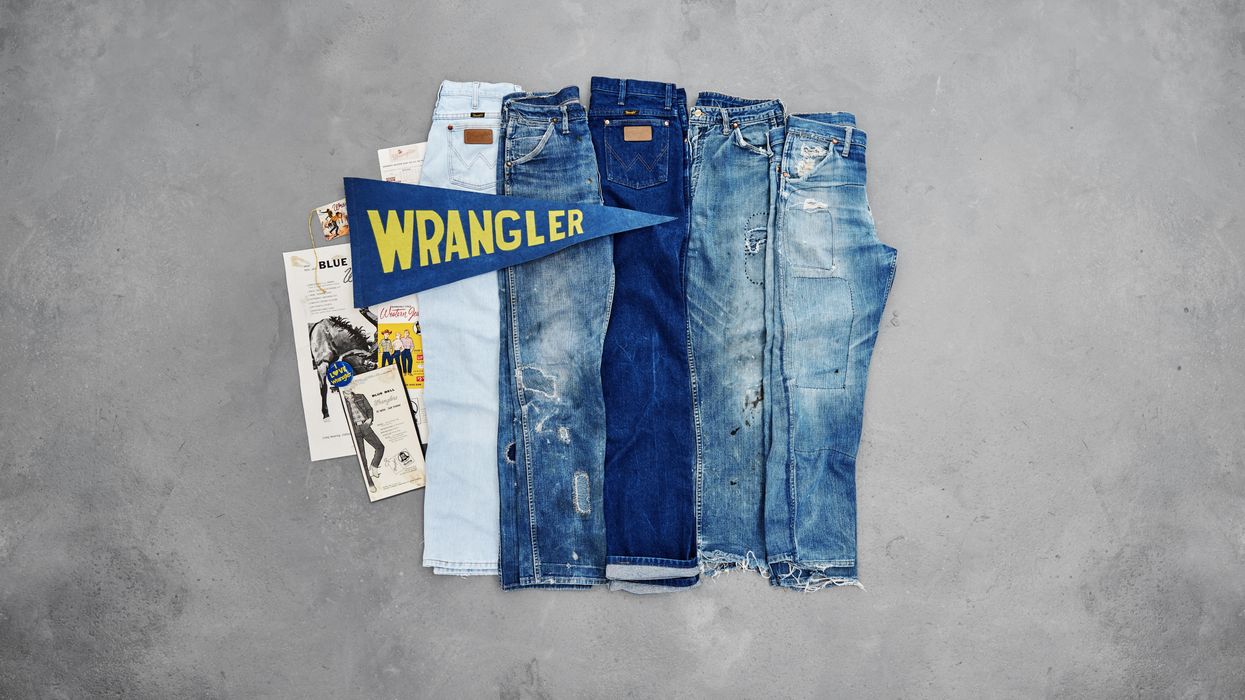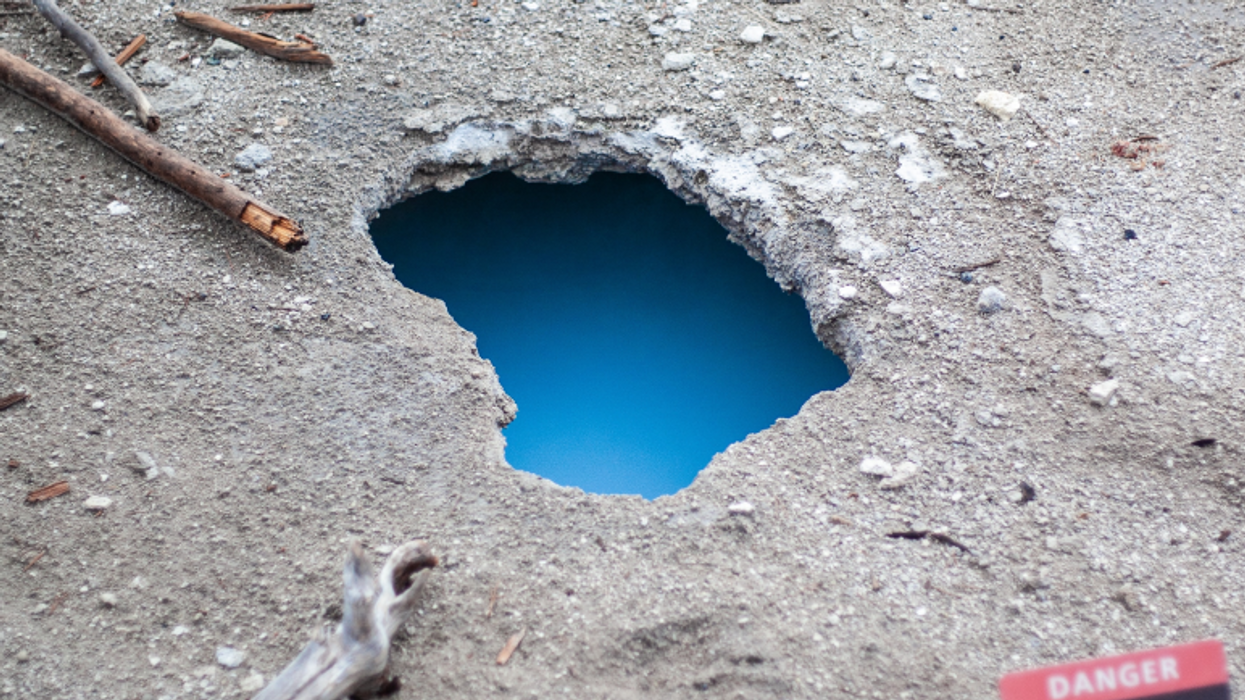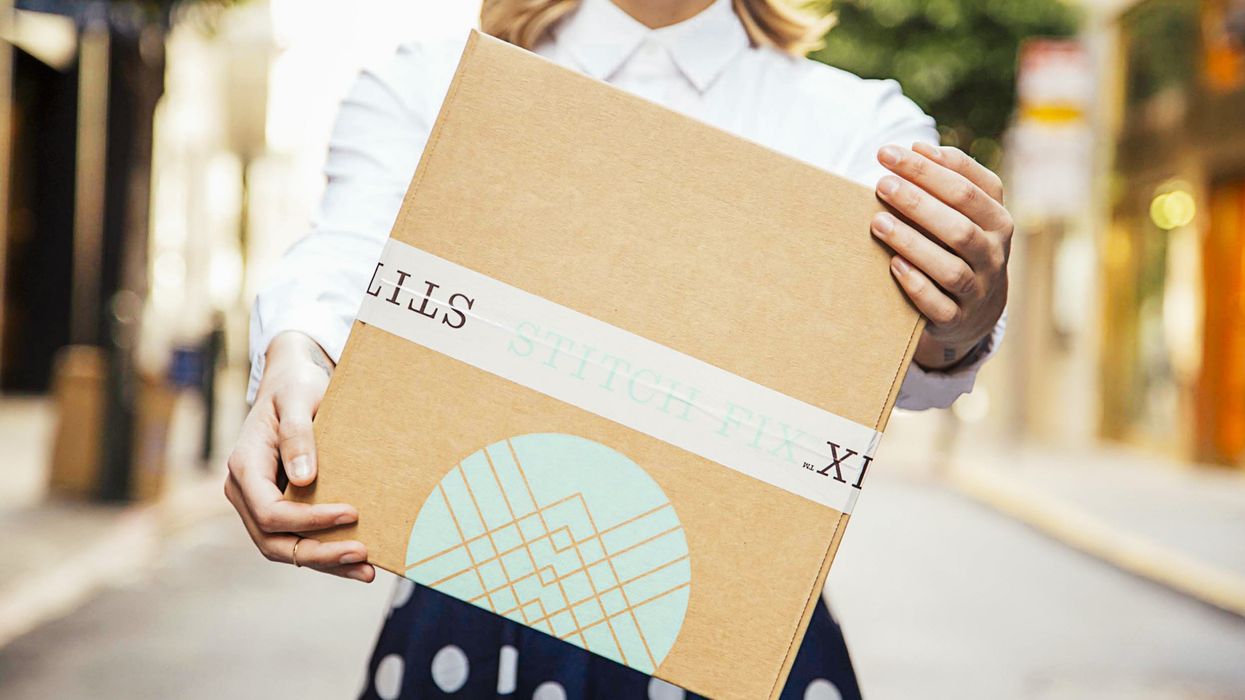Looking for where apparel and accessories trends are heading next? Consider the goods that are already out there.
If a spate of new initiatives launched in the last several weeks is any sign, resale is emerging as a must-have offering for brands and retailers. Glamour called it “fashion’s most important growing sector.”
Thrift and consignment have been cornerstones of the retail landscape for years, and eBay led the way for resale in the internet era. But with the growth of ecommerce, there has been a shift in who is selling secondhand goods. It’s not just independent stores and sellers anymore. Platforms like ThredUP, The RealReal, DePop and ReBag made secondhand goods the primary business model of their online marketplaces. Now, with tools more widely available and well-trafficked websites of their own, the brands and retailers who sell the goods when they're new are standing up operations to keep their products circulating through the economy.
This embrace of recommerce is fueling growth of an online resale industry that is projected to be valued at $15.5 billion by the end of this year, according to a forecast from eMarketer. By 2025, ThredUP projected in a 2021 report that the overall secondhand industry will reach $77 billion, and grow at 11 times the rate of the broader retail clothing industry in doing son.
As the Earth Day timing of many of the announcements about the new initiatives underscored, it’s clear that brands and retailers are considering the natural environment, as well as retail. Recognition of the pollution generated by the garment industry and the long-standing difficulty with recycling textiles are leading brands and retailers to build sustainability into their own operations.
When it comes to how they do so, the new initiatives offer plenty of examples. Here’s a look at several that launched in recent weeks:
Allbirds' ReRun
Allbirds is aiming to double the lifetime of its products. The footwear brand launched ReRun in February, offering customers the option to trade in gently-used shoes for $20. In turn, Allbirds said it would sell the used shoes for $59. The initiative underscores how brands are partnering with other firms to move resale forward, as Allbirds worked with tech company Trove to launch ReRun.
Lululemon's Like New
Lululemon expanded its Like New program to stores across the US in April. Through this initiative, customers can trade in “pre-loved” items like pants, shirts and jackets for an e-gift card. It also has an online platform to shop the goods that were traded in. With a pilot program launched in 2021, this Earth Day announcement was proof that such initiatives can scale beyond launch.
Hugo Boss Pre-Loved
Even luxury players are getting involved. Hugo Boss announced plans to launch a new platform called Hugo Boss Pre-Loved later this year. This will allow secondhand items to be returned for store credit. In turn, Hugo Boss will curate a secondhand collection on its website. The brand will also launch a repair program in Germany, allowing owners to mend their current goods rather than seeking new threads right away.
Wrangler Reborn
The denim brand marked Earth Day and its 75th anniversary with a new (old) line. Wrangler Reborn curated a mix of vintage and preloved jeans. With jeans dating back decades, it's proof that care of clothing can keep it circulating through the economy for years.
“The greatest form of sustainability is longevity, and this collection is a testament to the durability of Wrangler denim,” the company wrote in a news release. “Some of the items in the collection have been around for more than six decades and still stand strong today.”
Pre-Loved Pac
PacSun is bringing resale to youth. Partnering with ThredUp’s Resale-as-a-Service division, the apparel brand’s Pre-Loved Pac program now includes a channel on its website that offers a digital shop with secondhand items. For anyone with PacSun gear, it is offering clean-out kits, and an option to receive payment in the form of a PacSun gift card for any goods they send in.
Out&Back's buyback
Outdoor-oriented resale platform Out&Back is launching an in-store resale program that allows it to expand into hard goods. Launched in 2019, the Denver-based platform already accepted soft goods like outerwear, tents and backpacks. Partnering with Dick’s Sporting Goods and Public Lands locations in Denver and Pittsburgh, the resale platform will now have gear buyback programs that can accept skis and snowboards in-store. Call it omnichannel resale.












